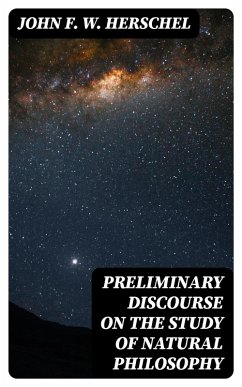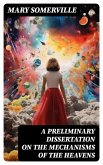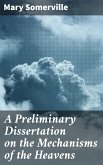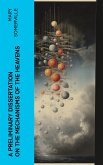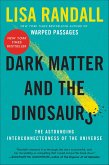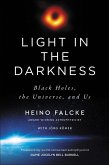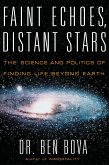In "Preliminary Discourse on the Study of Natural Philosophy," John F. W. Herschel embarks on a comprehensive exploration of the principles and methods that underpin scientific inquiry. Adeptly woven with philosophical reflections, Herschel's prose combines clarity and erudition, serving as a compelling introduction to the emerging field of natural science in the 19th century. The text is marked by its innovative use of examples and systematic organization, reflecting the Enlightenment's emphasis on reason and empiricism. Herschel critiques contemporary scientific practices while advocating for a synthesis of observation and theory, contextualizing his discourse within the broader intellectual currents of his time, including the foundational works of Newton and Laplace. John F. W. Herschel, a prominent mathematician, astronomer, and philosopher, was deeply influenced by familial legacies and a rigorous academic environment. The son of the renowned astronomer William Herschel, John inherited a scientific ambition that propelled him to explore the intersections of mathematics, natural philosophy, and the observational sciences. His educational background and experiences as an observer of celestial phenomena inspired his quest to elucidate the methodologies that govern scientific thought, making this work a pivotal contribution to the philosophy of science. This book is an essential read for scholars and enthusiasts of the history of science and philosophy alike, offering insights into the intellectual evolution of natural philosophy. Herschel's meticulous approach fosters a greater understanding of the scientific method, making the work not only relevant for historical contexts but also for contemporary scientific discourse. It is a thought-provoking text that invites readers to ponder the nature of inquiry itself.
Dieser Download kann aus rechtlichen Gründen nur mit Rechnungsadresse in A, B, BG, CY, CZ, D, DK, EW, E, FIN, F, GR, H, IRL, I, LT, L, LR, M, NL, PL, P, R, S, SLO, SK ausgeliefert werden.

